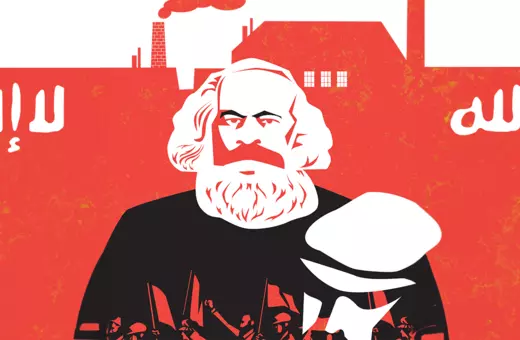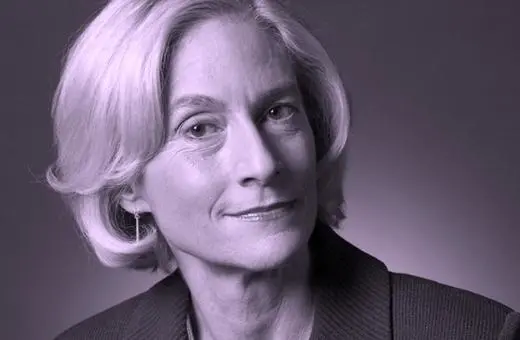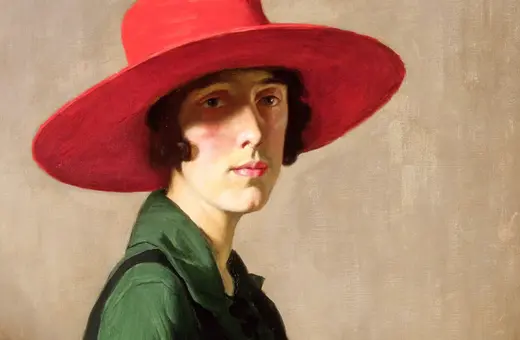Philosophy once promised to reveal moral truth and anchor human life in reason or divine order. Richard Rorty—the leading pragmatist philosopher of the late 20th century—thought that promise had finally run its course. Philosophy and careful reasoning, he argued, can't ground any particular social order or moral ideal. George Scialabba presents Rorty's alternative vision for politics—one grounded not in truth but in solidarity.
“Poetry makes nothing happen,” W.H. Auden wrote; and neither does philosophy, according to Richard Rorty (1931-2007), the most prominent pragmatist philosopher of the late 20th century. Rorty’s pragmatism was the culmination of a long devolution, which amounts to this: philosophically, less and less is at stake. Getting ontology and epistemology right was for most of human history considered essential to achieving one’s eternal salvation, and sometimes also had drastic consequences for one’s temporal well-being. When philosophy and religion were divorced in the early modern period, metaphysical orthodoxy was still usually thought to underwrite moral probity. Respectable people counted their spoons when a materialist, as well as an atheist, left their house. Kant was the last gasp of this ethical rationalism, i.e., the belief that our values and duties may be deduced from the nature of things and are revealed to us rather than created by us.
Rorty described this development in his characteristically insouciant fashion in “Democracy and Philosophy,” an essay from 2007:
Philosophy is a ladder that Western political thinking climbed up, and then shoved aside. Starting in the seventeenth century, philosophy played an important role in clearing the way for the establishment of democratic institutions in the West. It did so by secularizing political thinking—substituting questions about how human beings could lead happier lives for questions about how God’s will might be done. Philosophers suggested that people should just put religious revelation to one side, at least for political purposes, and act as if human beings were on their own—free to shape their own laws and their own institutions to suit their felt needs, free to make a fresh start.
Pragmatism, with its Greek root pragma or “act,” marked a recognition that value-creation and meaning-making were active rather than passive processes, that values and meanings were made rather than discovered. It is the assertion that there is no higher philosophical or scientific authority than the temporary consensus of the competent, and no higher moral authority than uncoerced individual choice.
___
Orwell’s lesson, Rorty argues, is that there is no indomitable core of freedom and dignity in human beings; we are “socialization all the way down.”
___
In particular, social and political institutions are not justified by their supposed correspondence to the universally valid imperatives of an invariant human nature, for there is no such thing. Neither we nor our institutions have essences, Rorty maintained; we and they are instead centerless webs, continually reweaving new experiences into novel but (temporarily) stable selves and relations.
This picture may seem unsettling as well as liberating. To the comforting rationalist proposition that freedom, democracy, and human rights are mankind’s natural endowments, Rorty replies that there are no such natural endowments, that “human nature” is a metaphysical fiction. He draws out the ambiguous consequences of this radical contingency in his great essay “The Last Intellectual in Europe: Orwell on Cruelty.”





















Join the conversation